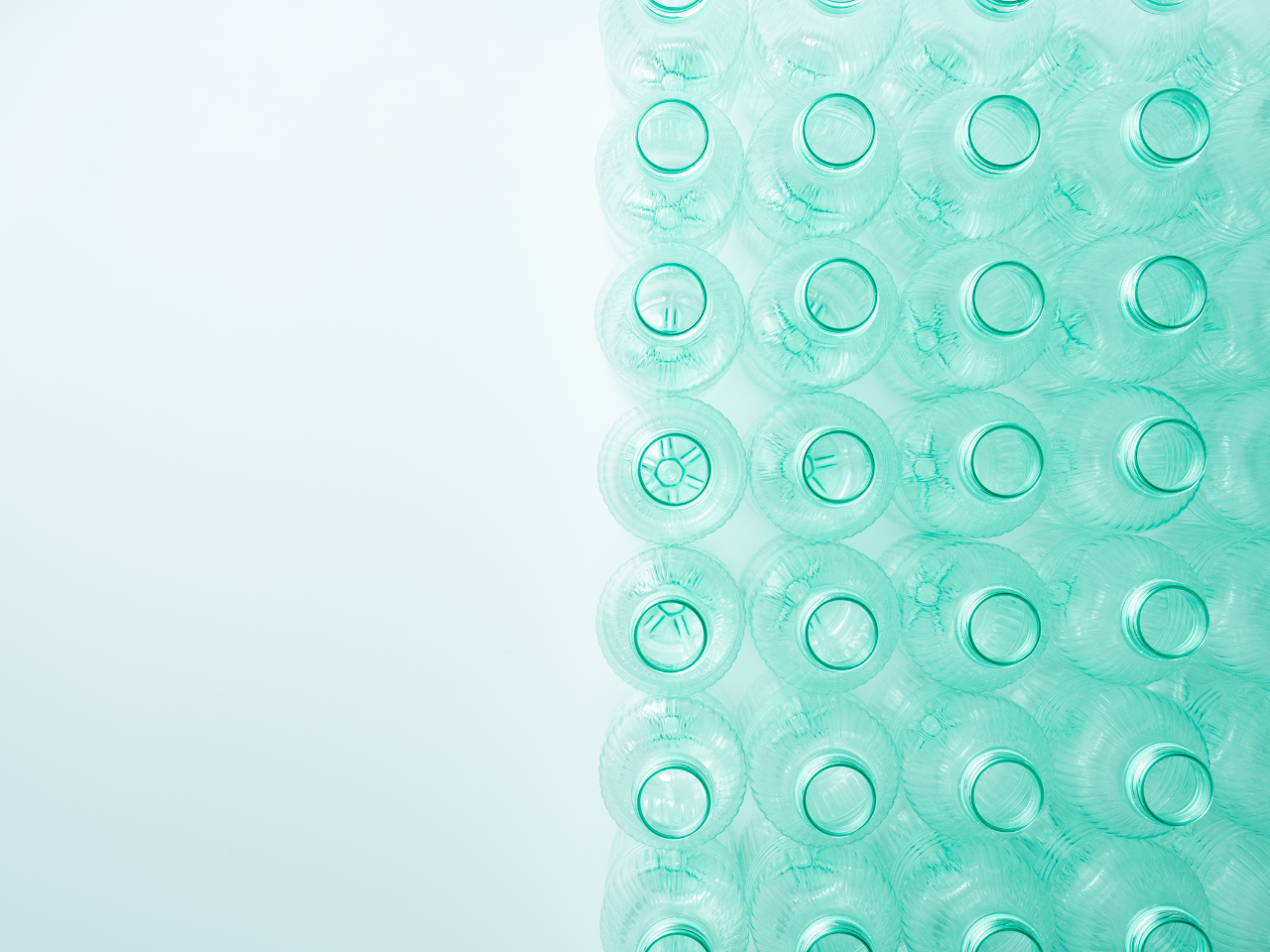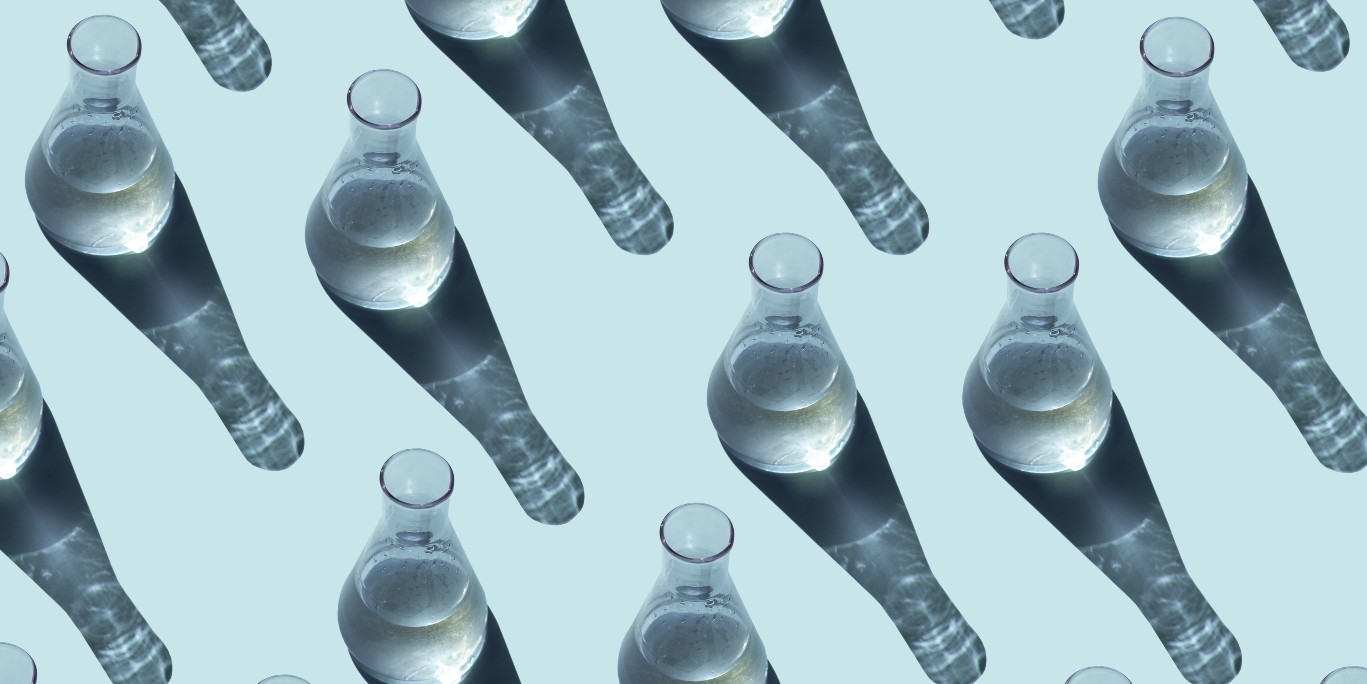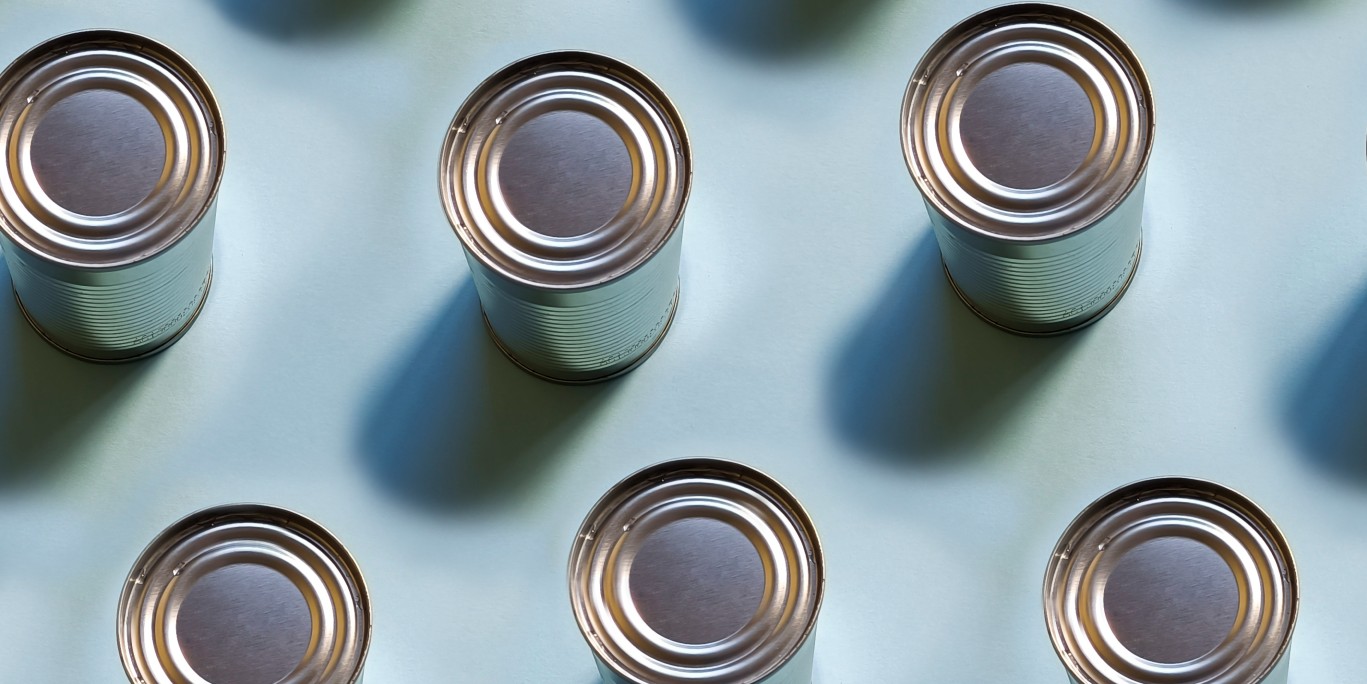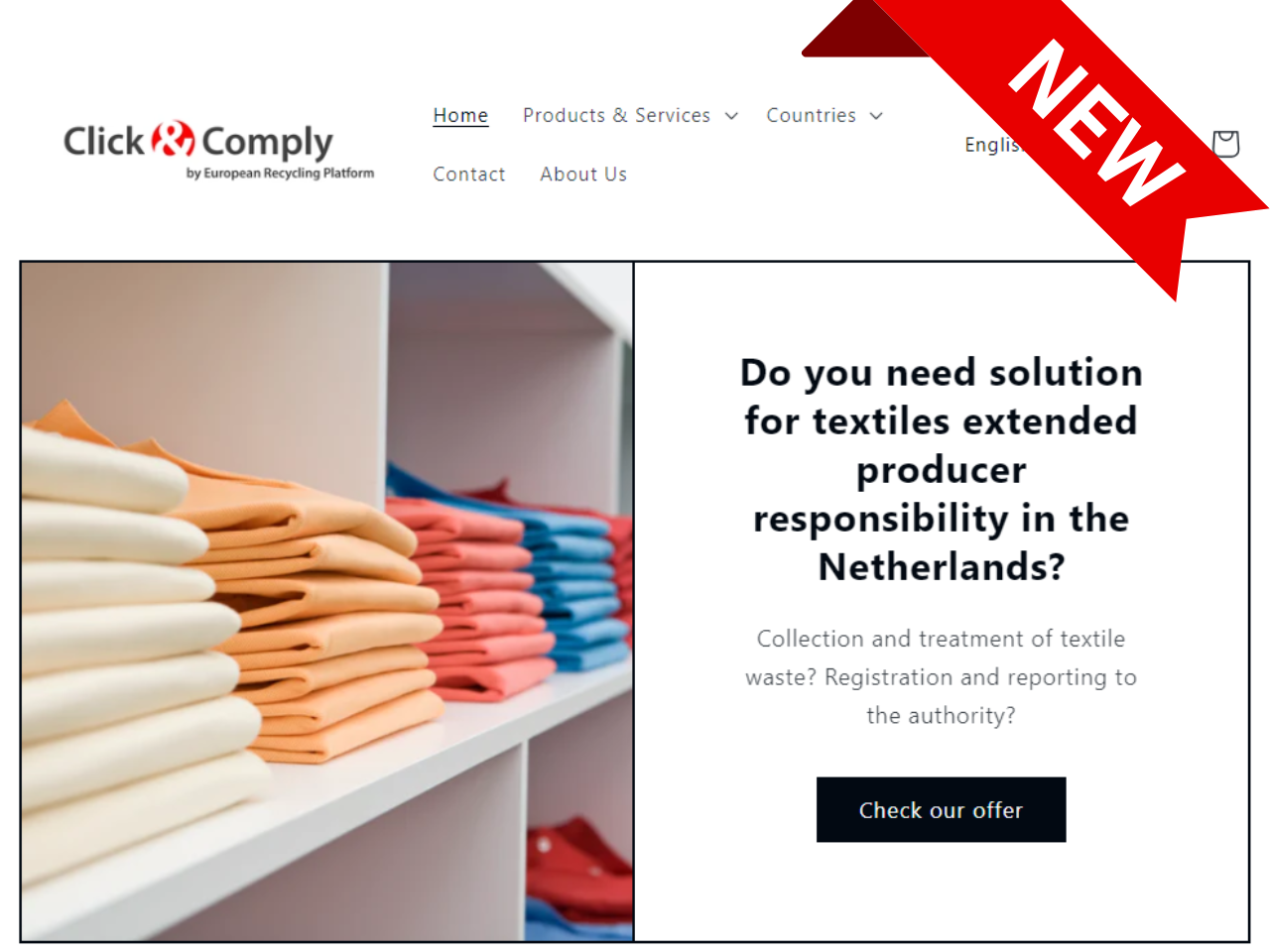What are the latest developments? We’ve picked out some highlights for December 2023:
WEEE Directive: European Parliament adopts amendments
Packaging and Packaging Waste Regulation: European Parliament votes
Waste Framework Directive: MEPs call for further changes on textiles
Critical Raw Materials Act: provisional agreement struck
Regulation on preventing plastic pellet losses to reduce microplastic pollution
WEEE Directive: European Parliament adopts amendments
On 9 November 2023, the European Parliament adopted amendments to the Waste Electrical and Electronic Equipment (WEEE) Directive.
The amendment regarding photovoltaic (PV) panels became necessary after the Court of Justice of the European Union, in its judgment 181/20, partially annulled Article 13(1) on the grounds of unjustified retroactivity.
The reason was the Article required producers of PV panels to finance the costs of managing the waste from these panels, even if they had been placed on the market before the provision entered into force.
Since then, the trilogue negotiations have progressed and the Council and Parliament have reached an agreement. The Parliament and Council positions were closely aligned to start with, with near identical amendments, which sought to add more clarity or precision to the Commission text.
The final draft compromise text gives the Commission the mandate to carry out an impact assessment on the following:
- provisions which specifically ensure that the principle of legal certainty is adhered to and that there is no provision that could entail unjustified retroactive effect in any Member State
- provisions to ensure the implementation of the waste hierarchy as laid down in Article 4 of Directive 2008/98/EC
- provisions to ensure that citizens and consumers are not burdened with disproportionate costs, in line with the polluter pays principle
- provisions ensuring full implementation and enforcement of this Directive, in particular with regard to adequate collection targets, as well as preventing illegal trade of WEEE
- creating a new ‘photovoltaic panels’ category under this Directive with the aim to disassociate PV panels from the existing EEE category 4, ‘large equipment’, as referred to in Annexes III and IV, and calculating the collection targets on the basis of waste PV panels available for collection based on their projected lifetime, rather than on the quantity of products placed on the market, and
- establishing a mechanism to ensure that in case of failure or liquidation of the producer, the future costs of collection, treatment, recovery and environmentally sound disposal of waste from PV panels from both private households and users other than private households will be covered financially
Furthermore, with the agreed compromise amendments, the European Commission shall assess the need for a revision of the WEEE Directive and present a legislative proposal no later than 31 December 2026.
Landbell Group company, European Recycling Platform (ERP), in its position paper from April 2023, also called for a new “photovoltaic panels” category, removing PV panels from the current category 4 (large equipment), as well as collection targets to be calculated based on waste PV panels available for collection, and a sufficient and secure financial mechanism for future PV panel waste obligations. All ERP comments were taken on board by the institutions with the above mandate to the Commission.
As the trilogue negotiations have already reached a final compromise text, an adoption of the case file is now likely before the European elections.
Packaging and Packaging Waste Regulation: European Parliament votes
On 22 November, the European Parliament adopted its position on the much-discussed Packaging and Packaging Waste Regulation (PPWR). The law passed with 426 votes in favour, 125 against, and 74 abstentions.
As reported in November’s COMPASS, the Parliament made amendments to issues such as timelines for delegated acts, providing clarity and planning security for industry.
Furthermore, stakeholder involvement was strengthened, which was an amendment that Landbell Group company, European Recycling Platform supported in its position paper from March 2023.
With the vote in plenary, the Parliament is ready to start talks with the Council once it has adopted its position, which is planned for 18 December.
This would allow for trilogue negotiations from January onwards, increasing the chances to close the file before the European elections in June 2024.
Waste Framework Directive: MEPs call for further changes on textiles
On 5 July, the European Commission presented a proposal to revise the Waste Framework Directive (WFD), focusing on food and textile waste.
The proposal introduced mandatory and harmonised extended producer responsibility (EPR) schemes for textiles, textile-related products, and footwear in all EU countries. The proposal also sets requirements to ensure that textile waste is managed in line with the waste hierarchy.
In the European Parliament, Anna Zalewska, rapporteur for the Committee on Environment, Public Health and Food Safety (ENVI) presented her draft report on 24 October.
Among other amendments, the report proposes an EU-wide obligation to set up separate collection points for used and old clothes to strengthen waste prevention and promote re-use and recycling, so that less and less recyclable materials end up in waste incineration or landfills.
Also, EU-wide targets for the separate collection, recycling and reuse of textiles are proposed for 2030.
The vote in the ENVI committee is planned for February 2024, and a vote in plenary in March.
An adoption of the revision of the WFD will not therefore be possible before the European elections next year.
Critical Raw Materials Act: provisional agreement struck
On 13 November, the European Council and Parliament struck a provisional agreement on the Critical Raw Materials Act (CRMA).
The Regulation establishes a framework to ensure a secure and sustainable supply of critical raw materials. The agreement keeps the overall objectives of the original Commission proposal but strengthens several elements.
Notably, aluminium has been added to the list of strategic and critical materials. In total, 34 materials are considered critical, while 17 are considered strategic.
The Commission proposal sets certain benchmarks for the European Union’s capacity to extract (10%), process (40%) and recycle (15%) these materials.
The provisional agreement maintains the benchmark for extraction and processing but increases the benchmark for recycling to at least 25% of the EU’s annual raw material consumption. In addition, there should be a significant increase in the recovery of raw materials contained in waste.
The CRMA was proposed by the European Commission in March. The speed of its adoption shows its importance to the resilience of the European Union.
In particular, the changes made to recycling capacity reflect the increasing importance of the circular economy to ensuring a sustainable supply of raw materials.
The provisional agreement must now be approved and formally adopted by both institutions before it can enter into force.
Regulation on preventing plastic pellet losses to reduce microplastic pollution
The European Commission has released a proposal for a Regulation on preventing plastic pellet losses to reduce microplastic pollution.
Plastic pellets are the raw materials used for producing all plastics and are microplastics up to 5mm in size. The regulation aims to tackle the release of these pellets into the environment during manufacturing or processing.
The proposal includes:
- Best handling practices for operators
- Mandatory certification and self-declaration
- A harmonised methodology to estimate losses, and
- Requirements for SMEs
The European Parliament and Council will now discuss the proposal and draft a negotiation mandate for the trilogue negotiations. Adoption is not expected before the European elections.
Sign up for our monthly
report COMPASS here:
Your email











